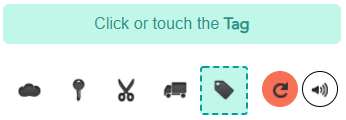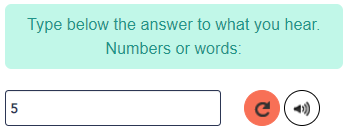Compare License and Permit Bonds Insurance Rates
Learn more about the factors that dictate your license and permit bonds insurance rates, compare top insurers, and save.
 Your information is secure.
Your information is secure. license and permit bonds
Bond that guarantees that a business will complete a project in accordance with ordinance, regulations, and industry standards, contractors often required this policy.

What are license and permit bonds?
License and permit bonds guarantee that a business will complete a project in accordance with regulations and industry standards
When do businesses need license and permit bonds?
Contractors and builders are often required to obtain license and permit bonds, which are types of surety bonds. State regulations determine which professionals, such as roofers or general contractors, need a bond to get licensed.
License and permit bonds assure clients your business will complete a project in accordance with state laws, building codes, and other regulations. If the terms of the bond aren't met, the insurer reimburses the client up to the bond amount.

License and permit bonds always involve three parties:

The principal (your business)

The obligee (your client)

The obligor (the insurer)
Benefits of licensing and bonding
License and permit bonds allow your business to take on government projects and work with larger clients. Because your clients know the insurer will reimburse them if your work doesn’t meet certain standards, it gives them peace of mind when they work with your business.
Insurance companies that grant surety bonds carefully evaluate your bond history and credit history before issuing a bond. That’s another reason why license and bonding insurance gives your business a competitive edge over businesses that lack this coverage.

What do license and permit bonds cover?
License and permit bonds reimburse your clients if your business fails to complete a project in accordance with regulations and standards.
License and permit bonds provide coverage when your business fails to:
Comply with federal or state laws
License and permit bonds reimburse clients if a contractor or other professional fails to comply with federal, state, or local laws.
Adhere to building codes
License and permit bonds assure clients that your business will comply with local building codes. Violations include improper ventilation, wiring, and failure to install smoke detectors.

Meet professional standards
In some professions, commercial bonds are required to ensure that your work meets professional standards.
Comply with safety regulations
If your business is bonded and fails to comply with safety regulations, the insurer can reimburse your client for any resulting fines, replacement work, or other damages.
License and permit bonds do not cover:
Employee theft from a client
Fidelity bonds, such as janitorial bonds, provide reimbursement when an employee steals from a client. Cleaning companies often secure janitorial bonds to protect against employee theft and breakage of client property in the care and custody of your business.

Professional mistakes and oversights
Professional liability insurance, also called errors and omissions insurance, is the policy that protects a business against client lawsuits over mistakes and oversights. That includes missed deadlines and accusations of negligence.

Damaged client property
General liability insurance protects against the most common third-party (non-employee) claims, which include damage to client property.

Employee injuries
Workers’ compensation insurance provides coverage for work-related injuries and illnesses, as well as lawsuits over employee injuries. This policy is required in almost every state for businesses that have employees.


















